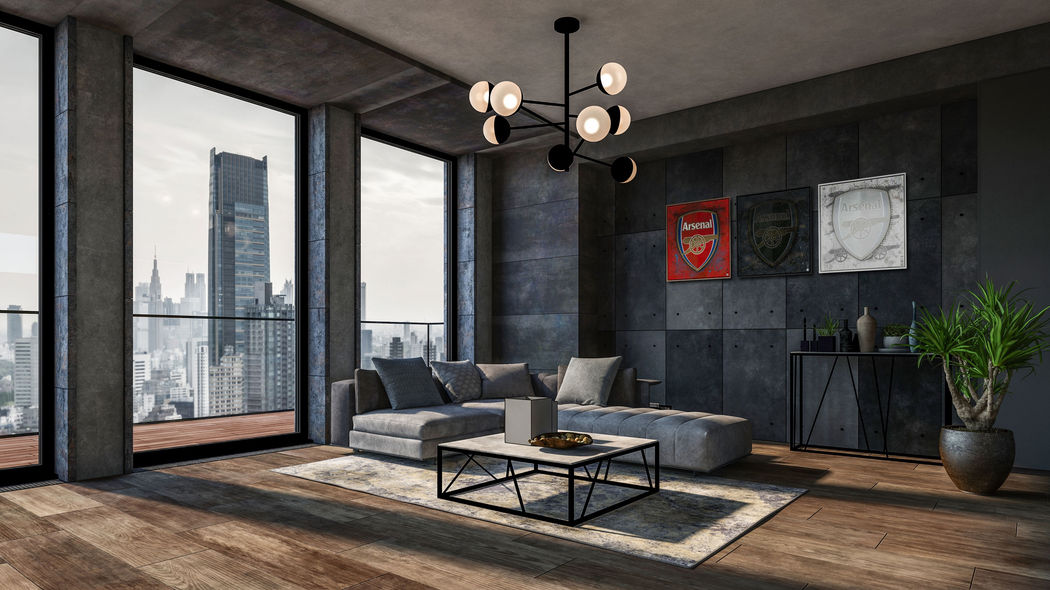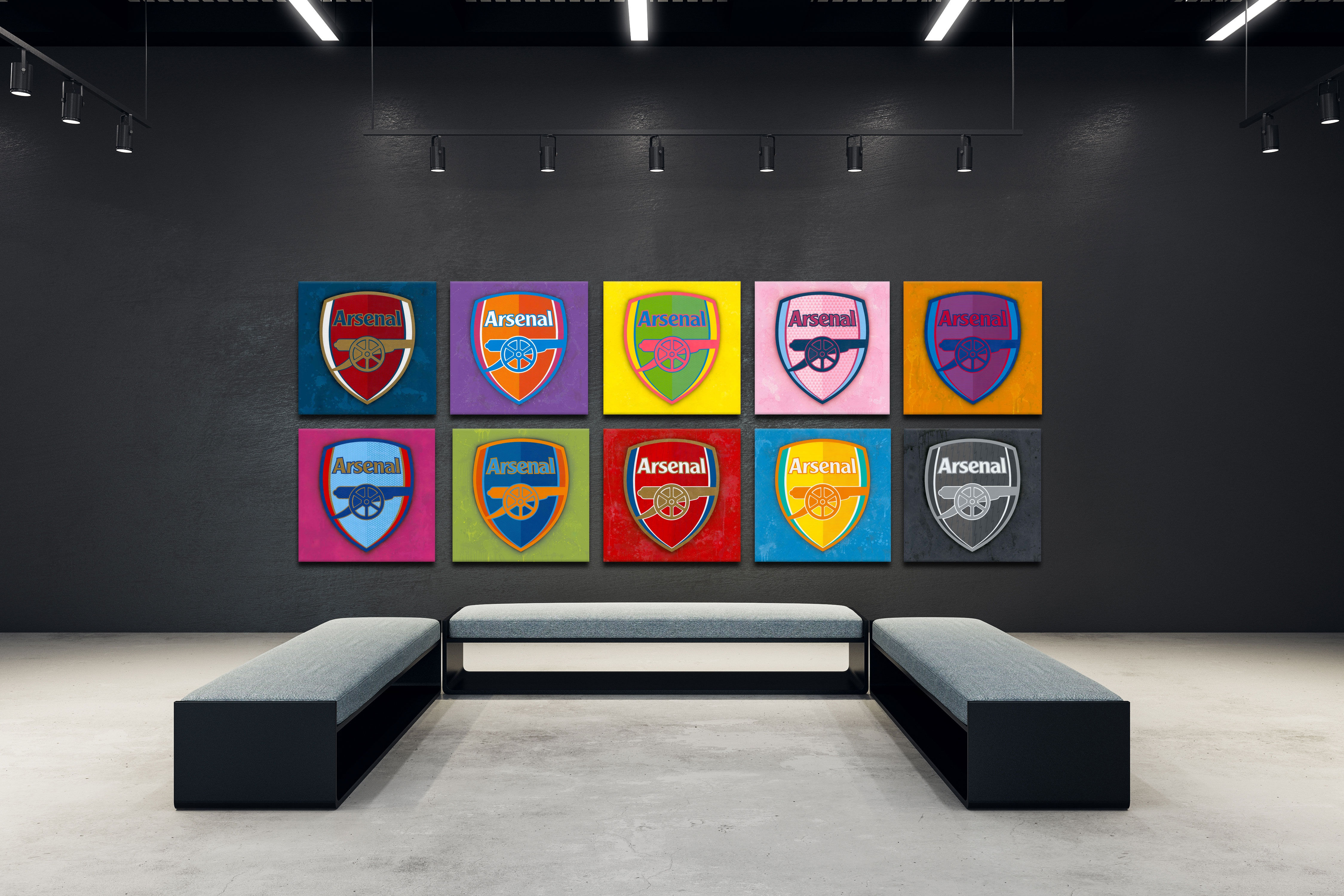
Art collecting isn’t just about acquiring objects: it’s an emotional, psychological, and often deeply personal experience. But what drives this desire to collect? Why do we love to own art?
In this post, we explore the psychology of art collecting, uncovering the hidden motivations behind art collecting behavior, and why the artworks we surround ourselves with often hold more than just aesthetic or financial value.
Art and Identity: Collecting as a Mirror of the Self
One of the most compelling reasons people collect art is to express who they are. Psychologists and cultural theorists alike have observed how art and identity are closely intertwined. When we choose a work of art for our home, we share messages about who we are and who we want to be.
The artworks we collect often reflect our tastes, values, memories, and aspirations. In this way, art becomes an extension of the self, a curated visual diary of the collector’s inner world.
Emotional Value of Art: More Than Meets the Eye
Collectors often describe a visceral reaction when encountering a piece they feel compelled to own. This speaks to the emotional value of art: that often unspoken exchange between viewer and object. Unlike mass-produced items, original art often carries a sense of presence and energy – what Walter Benjamin called the ‘aura’ – that makes it feel alive.
Psychologists have long noted that people form attachments to objects that evoke specific memories, feelings, or senses of place and time. Owning a piece of art can evoke nostalgia, comfort, inspiration, or even challenge – and that emotional resonance is a key driver in collector psychology.
The Thrill: Art Collecting Behavior
Art collecting has a highly thrilling side to it. Whether it's discovering a new artist, stumbling upon a hidden gem, or finally acquiring a long-desired piece, the process itself can be deeply rewarding. For some, collecting is about curiosity and education – an ongoing journey of art appreciation and aesthetic discovery.
This behavior often mirrors the psychological rewards associated with achievement and mastery. Building a collection becomes a project of personal significance, and each addition represents a small triumph in the pursuit of beauty, meaning, or connection.

Hayden Bone, "Pop Crest" series, 2024, in-situ
Art as Investment: Value Beyond the Emotional
While emotional attachment plays a major role, many collectors also consider art as investment. Fine art, particularly by emerging or established artists, can appreciate significantly over time. But even here, the psychology is complex. Studies show that people often assign higher value to items they personally chose or that carry emotional significance – meaning even financially motivated acquisitions are rarely free from personal bias.
For many collectors, the ideal acquisition holds dual value: it resonates emotionally and offers long-term potential. In this sense, the act of collecting blends heart and mind, passion and pragmatism.
Collector Psychology: Control, Legacy, and Belonging
Delving deeper into collector psychology, we find that collecting can also fulfill psychological needs for control, legacy, and belonging. Building a collection provides a sense of order in an often chaotic world. It allows individuals to create a space that is entirely their own, a world within a world.
For others, collecting is about leaving a legacy. Art collections are often passed down, donated, or exhibited, allowing collectors to contribute to cultural heritage. This act of sharing can create a profound sense of purpose and continuity.
And finally, collecting art can foster connection and community. Whether through galleries, artist studios, or online platforms, art collecting brings people into networks of shared interest and appreciation. It becomes not just about owning objects, but about participating in a larger cultural dialogue.
Art Collecting as a Human Experience
Ultimately, the psychology of art collecting is as layered and nuanced as art itself. From the deeply personal to the socially performative, from emotional resonance to financial strategy, the motivations behind collecting are as diverse as the collectors.
On the bottom line, art has the potential to enrich lives. It gives us something to feel, something to ponder, and something to share. Whether you're a seasoned collector or just beginning your journey, owning art is not simply about possession but about connection.
At Hayden Bone Studio, we celebrate the stories behind each piece and the people who find meaning in them. Because in the end, the most valuable collections are not just about what you own, but why you love it.
